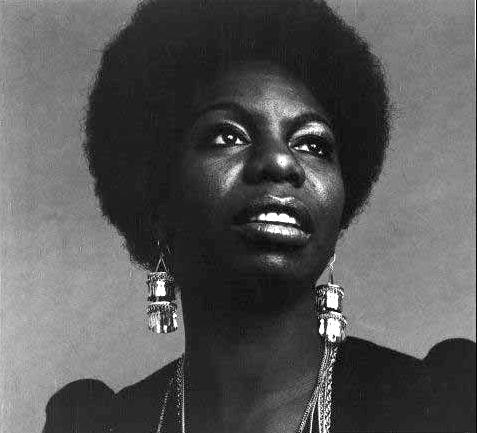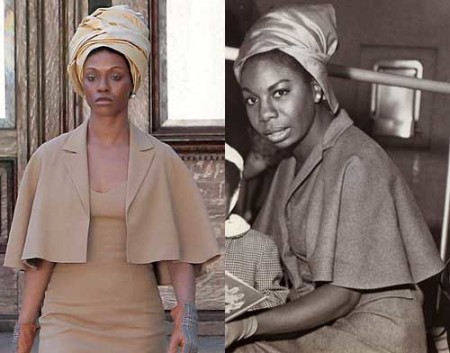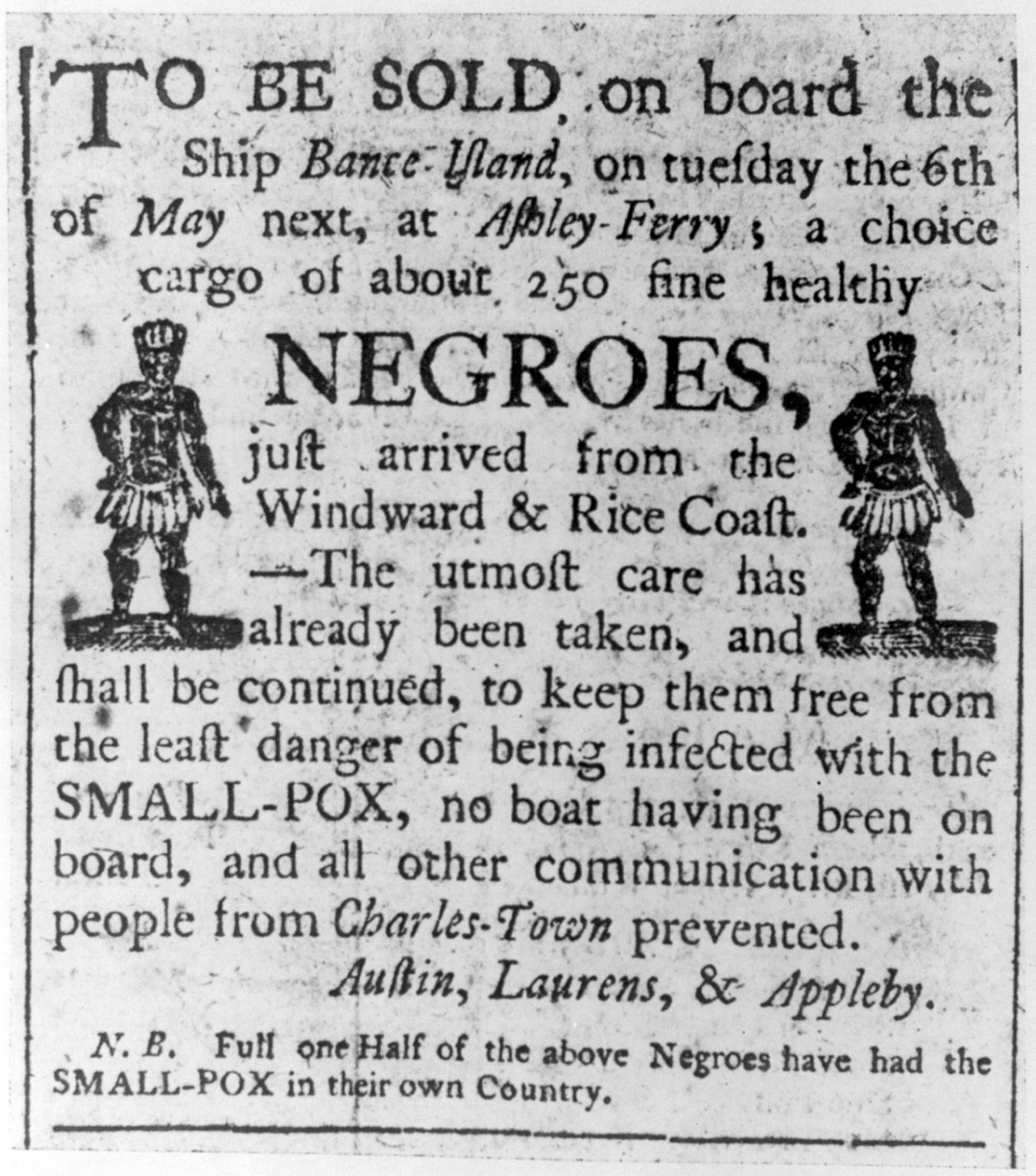Although she’s been gone now for nearly a decade, the legend and the legacy of entertainer Nina Simone remains alive and well, thanks to that hypnotic and velvety alto, her ability to transcend musical boundaries and the way she used her lyrics and celebrity status to denounce racism at the height of the Civil Rights Movement.
Despite being born during the Jim Crow era, Ms. Simone embraced her ethnicity and dared to follow her dreams of creating music, ignoring naysayers who categorized her blackness as a burden and prevailing against the odds to become the influential and critically-acclaimed “High Priestess of Soul.”
The story of how the former Eunice Waymon eluded poverty and prejudice to become a globally-renowned icon is an empowering one that, if made into a movie, should be portrayed with an eye for detail and accuracy, which can’t be the goal of the filmmakers if they startas scheduled next month as with Zoe Saldana cast in the lead role.
The controversy unfolded weeks ago when reports that R&B superstar, Mary J. Blige, who had been in preparations for over a year, was suddenly dropped for “scheduling issues” and Saldana was chosen in her place, angering fans and relatives. The actress, although skilled and versatile, bears no physical resemblance to the woman that she’s been cast to portray.
It’s hard to comprehend how Cynthia Mort and Jimmy Iovine, who are the director and executive producer, respectively, believed that a tall, willowy woman with a medium-brown complexion and Puerto Rican/Dominican roots would be suitable to embody Ms. Simone, an African-American woman with a shorter, curvier stature and darker skin tone, as well as a wider nose, fuller lips and kinkier hair that she wore under headwraps or in a regal afro. Even if their film, Nina, isn’t meant to be a completely factual biography, how is it supposed to pay homage to her uniqueness and the obstacles she overcame if the very factors that society deemed as stumbling blocks—-her unapologetically ethnic features—-are completely erased from the screen and the storyline?
The uproar has been inescapable, starting with a petition that’s received over 2,000 signatures demanding that the role be given to more physically similar actress (such as the recently Oscar-nominated Viola Davis). An open letter posted on the late musician’s Facebook page by her daughter, Broadway actress Simone Kelly, which stated that neither she nor the Nina Simone Estate were consulted on the unauthorized project.
In fact, a recent interview she granted to The Daily Beast revealed that when her mother’s 1992 autobiography was published, Ms. Simone hoped to be portrayed by Whoopi Goldberg. “As long as this script is based on a lie, anything that comes through me (the sole executor of Simone’s estate) will not be approved.”
For some, Ms. Simone’s loyalists are overreaching, since it’s tradition for Hollywood to prize revenue over realism. But what they fail to acknowledge is the fact that she refused to internalize the perpetuated belief that her blackness was practically a birth defect that made her unworthy of success.
In times sullied by dehumanizing classism and prejudice, Ms. Simone not only embraced who she was, she capitalized on it. Ignoring the abundance of black actresses to proceed with their warped vision of what Nina is—and was— cannot be more disingenuous or despicable.
Nina Simone merits being portrayed in the same honest manner by which she lived: otherwise, the message in one of her signature hits, “Don’t Let Me Be Misunderstood,” will go unheard as a new generation sabotages the ethnicity that Ms. Simone fought valiantly to maintain.
http://www.youtube.com/watch?v=PipX3l1tEeU






